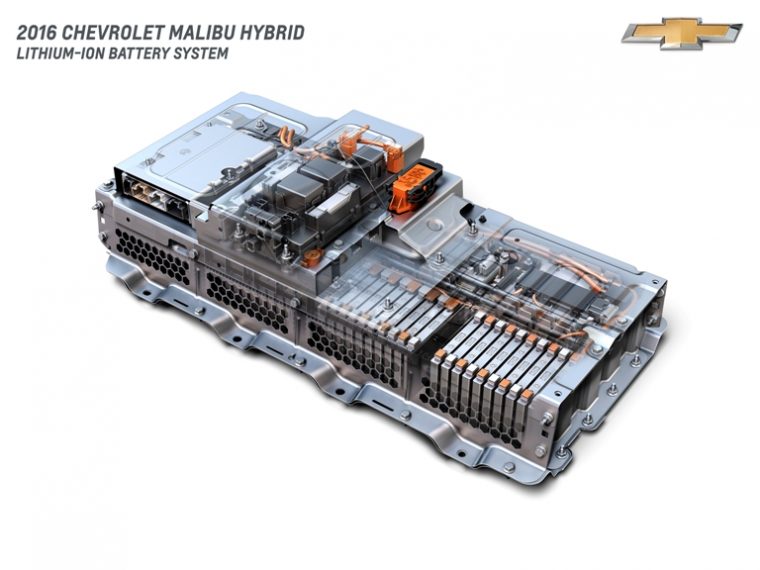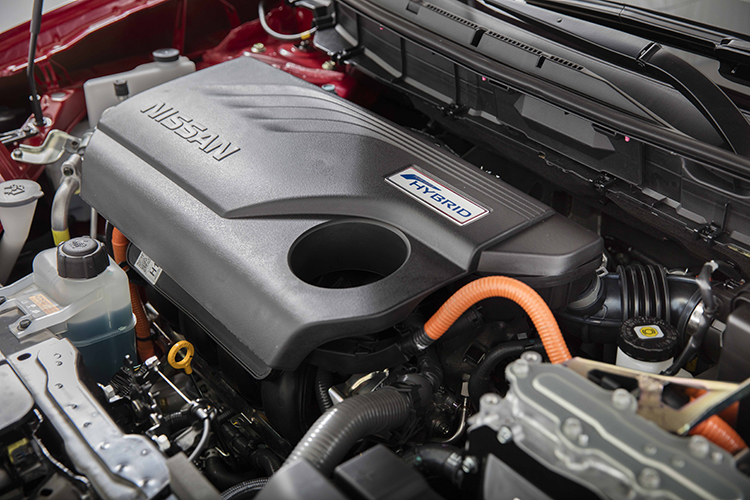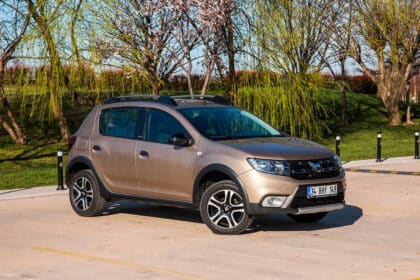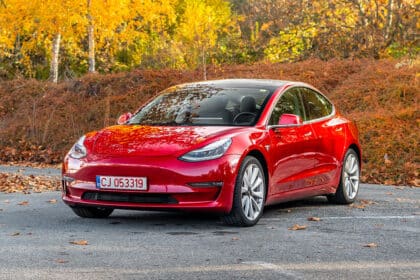
Every automobile requires particular maintenance to ensure it continues functioning properly. For most cars, that involves caring for the internal combustion engine with recurring upkeep like engine oil changes, fuel system cleanses, and transmission flushes. But what about electric or hybrid cars that utilize electric motors and batteries to power the car? Do they have any special maintenance needs?
Planning to Buy a Car? Know the answers to these FAQs first
There are three major types of electric-powered cars: hybrid, plug-in hybrid electric, and fully electric.
In the hybrid category, there are many different sub-types. All hybrid cars utilize both a gas and an electric motor for power, but the relationship between those components and how they’re used varies. Thus, the required maintenance varies based on how the hybrid system is engineered. In most cases, hybrid cars don’t require any special maintenance.
Plug-in hybrid cars (PHEVs) are similar to hybrid vehicles, also using gas and electric components. They rely more on pure electric power at times, but also don’t require extra maintenance beyond normal gas engine maintenance.
Electric cars don’t have any gas-powered or combustion-based power systems. They rely purely on electric charges for propulsion.

Because electric motors are very simple, relying on a handful of parts to produce an electric charge, they don’t require as much maintenance as combustion engines, which have hundreds of components that turn on, heat up, grind together, get dirty, cycle through fluids, and wear down.
Therefore, electric systems don’t need the same constant maintenance that combustion systems do. As long as all the electric components — like the regenerative braking and battery charge — are still functioning properly, no work needs to be performed on them. If they’re defective, you’ll have to take them to an experienced electric vehicle mechanic.
The most maintenance an electric-powered car will definitely require is replacing the battery, which may happen after a decade once the battery no longer holds a charge. That costs thousands of dollars (if not covered under a warranty), but that’s a fair exchange for the money you saved on oil changes and gasoline fill-ups.
Auto Brand Analysis: Is it a good idea to buy a used Ford?
Aaron is unashamed to be a native Clevelander and the proud driver of a Hyundai Veloster Turbo (which recently replaced his 1995 Saturn SC-2). He gleefully utilizes his background in theater, literature, and communication to dramatically recite his own articles to nearby youth. Mr. Widmar happily resides in Dayton, Ohio with his magnificent wife, Vicki, but is often on the road with her exploring new destinations. Aaron has high aspirations for his writing career but often gets distracted pondering the profound nature of the human condition and forgets what he was writing… See more articles by Aaron.









